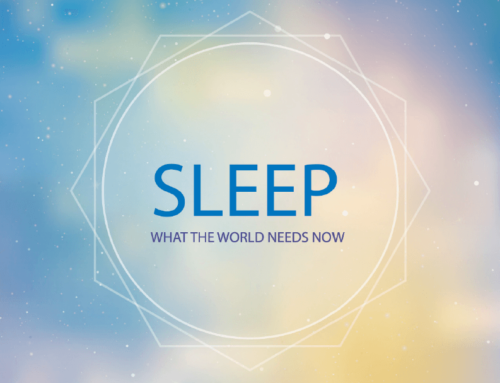Several young patients have come to see me lately because of insomnia. Initially, most of their problems with insomnia revolved around this small handheld communication device commonly known as a cellphone. The cellphone has done so much for society in so many ways to improve life, but I believe at times that it will be the downfall of civilization, but I digress.
Several of my patients have taken my advice on how to get a better night’s sleep and are adhering to it. They cut off electronics two hours before lights out and read something enjoyable, not self-help books or current events, especially not politics. Case in point, several months ago, I had a woman who was complaining that she was up until three that morning because she couldn’t sleep. I asked her what she had been doing, and she told me she was researching insomnia. Sometimes you just can’t make this stuff up, folks.
Regardless, these patients were practicing good sleep hygiene but were still having trouble getting a good night’s sleep. For many, the stress of their careers may be draining their serotonin levels. Chronic stress, which many of us live with today because of the demands of work, family obligations, and commute times, tanks our serotonin levels.
Serotonin has been labeled the feel-good hormone, and there are several consequences to low levels of serotonin. These include chronic anxiety, low energy, appetite fluctuations, and sleep issues. The perfect recipe for Big Pharma.
So, what’s the answer? SSRIs like Prozac or such. The side effects are many, including orthostatic hypotension and insomnia, along with anxiety, decreased libido, and sexual dysfunction. There has to be a better way, and there is.
Thankfully, there is a growing interest in natural remedies. Among these, Kefir—a fermented dairy product rich in probiotics—has emerged as a potential aid for improving sleep quality.
Research suggests that the gut-brain axis plays a significant role in regulating sleep, with the microbiome influencing neurotransmitter production and inflammatory responses. Kefir, abundant in a diverse array of beneficial bacteria, may contribute to a healthier gut environment. This, in turn, could promote relaxation and facilitate the onset of restful sleep.
Kefir is rich in tryptophan, a precursor to both serotonin and melatonin, which are both essential for sleep. It also acts as a natural antidepressant.
Patients struggling with insomnia often report improvements after incorporating kefir into their diets. Anecdotal evidence highlights reduced sleep latency, fewer nighttime awakenings, and an overall sense of calm. While more rigorous clinical trials are required to confirm these benefits, the current data is promising.
Several of my patients, including myself, have been drinking kefir 1-2 hours before bed, and it helps significantly in improving both sleep and GI issues. If I have described you in this article, you may want to give Kefir a whirl if it’s okay with your physician.







